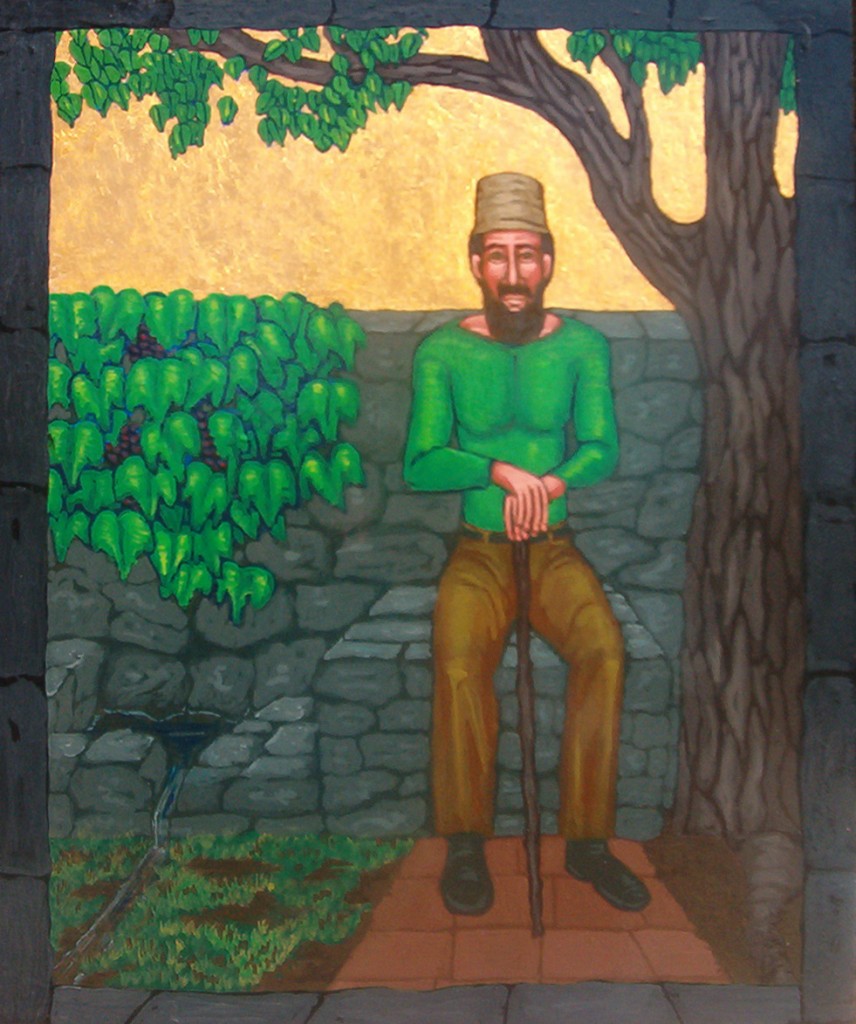Once upon a time there was a wise and popular statesman. Desiring to see how his constituents were really faring, he took a sabbatical. He dressed himself as the poorest of the poor, an unwashed street person, and then he traveled around in his district, hitchhiking from place to place – and listening, and learning. He took nothing with him but instead trusted that he would find food and shelter when he needed it. And he did all right, though it was often a harrowing adventure.
Because he was rumpled, dirty and smelly, he was able to travel practically everywhere unremarked. People simply did not see him. They shared secrets with one another right in front of him, as though he weren’t even there; he learned the most amazing things. Even when people did see him, when they got it into their heads that they ought to talk to him, it was from the lofty remove of their own washed, fed and housed status. They made so many assumptions that it was almost impossible to keep track of them all. No one ever recognized him, not one single person, not even other homeless men and women, even though his face was on billboards.
Until one day when he was sitting on a park bench in the shade under a tree and an old woman, tired from her walk through the green, came and sat down beside him. “What are you reading?” she asked, because she had seen the newspaper open on his lap. He told her, and in the middle of his telling she suddenly put her hands to her mouth and gasped, “Senator Ken?” The man acknowledged that it was he. “You took my breath away!” she said. “I hardly expected to find you HERE!”
Bruce Smith, a sociology professor who used to teach at Colorado State University liked to ask his first year graduate students, “How do you know what you know?”
How DO we know what we know? Where do we get the information with which we assess other people? We tend to assume a lot, basing judgments on cues like grooming and speech. We also pay a great deal of attention to someone’s reputation. Reputation can dramatically color our direct experience of a person. Just ask any child with behavior issues as they make their way through the public school system.
How do we know what we know about Jesus? In the passage from John’s Gospel for today, Jesus reminds us that it is not he who testifies to himself but God who shows us who he is. God has sent him to complete certain works, and witnessing the fact that he has completed them is what tells us that God did, indeed, send him.
But at a different level, Jesus tells us, we can experience him directly. We hear God’s voice ourselves, speaking in our souls, testifying to God’s son. If we listen to the still, small voice within, we know. Listening, we begin to form our own, direct relationship with Christ. We know him all at once not by reputation but through experience. We see him, and we recognize him, and suddenly our breath is taken away. “Oh! Beloved! Oh! I hardly expected to find you HERE,” we say.
It makes me wonder. How does God testify to me? How does God testify to you? What does the still, small voice within say about each one of us to the other? Oh!
Laurie Gudim is a writer and religious iconographer who lives in Fort Collins, CO. You can view some of her work at Everyday Mysteries.
Image: Icon by Laurie Gudim “Stranger at the Well”

